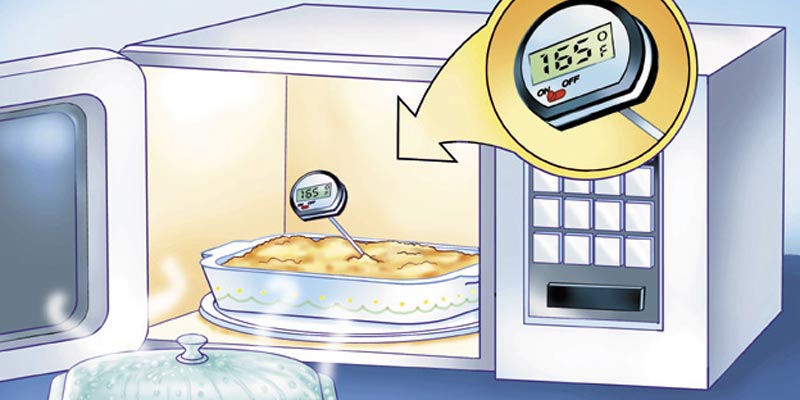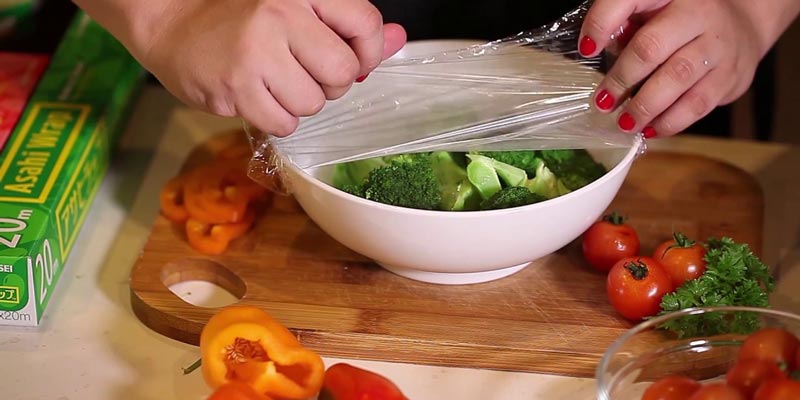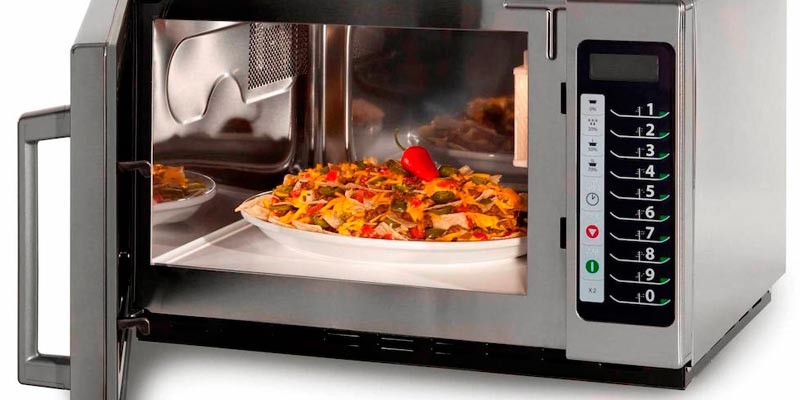1 How Microwaves Work

Firstly, it is powered by a magnetron vacuum tube – converting electricity into short waves. Microwaves cause the water molecules in food to vibrate, thereby rapidly releasing heat. In summary, their sole purpose is to reheat food.
It is noteworthy that almost all methods of reheating food, including cooking, can destroy or reduce the nutritional value of food. Each method alters the flavor and nutrients in a different way.
2 Do Microwaves Destroy Nutrients in Food?

A study from Spain proved that most of the nutrients in broccoli were destroyed by microwaving. However, these researchers did not simply reheat the broccoli, they also added water to the microwave process. The combination of water and heat can deplete the nutrients and flavor of this food.
Another study showed that boiling and cooking are the two methods that cause the greatest loss of nutritional value. In contrast, microwaving and grilling can preserve the nutrients in vegetables. According to Dr. Nguyen Thuong Hanh, a general internal medicine specialist at Bac Ninh General Hospital, the correct answer is that microwaves do not destroy the nutrients in food. And it is still widely used around the world.
3 Notes on Using Microwaves

One thing to consider when using microwaves is that they don’t always heat food evenly. It directly heats food to a depth of 1 to 1.5 inches (2.54 – 3.81 cm), with the rest being heated by conduction.
Therefore, you can stir or mix the dish before putting it in the microwave to ensure it is thoroughly heated. Also, keep in mind that microwaves require less moisture because there is less evaporation compared to the cooking process.
In conclusion, using microwaves to reheat food does not cause a loss of nutritional value. Therefore, people can still rest assured to use microwaves to reheat their daily meals.
Source: Hellobacsi



































